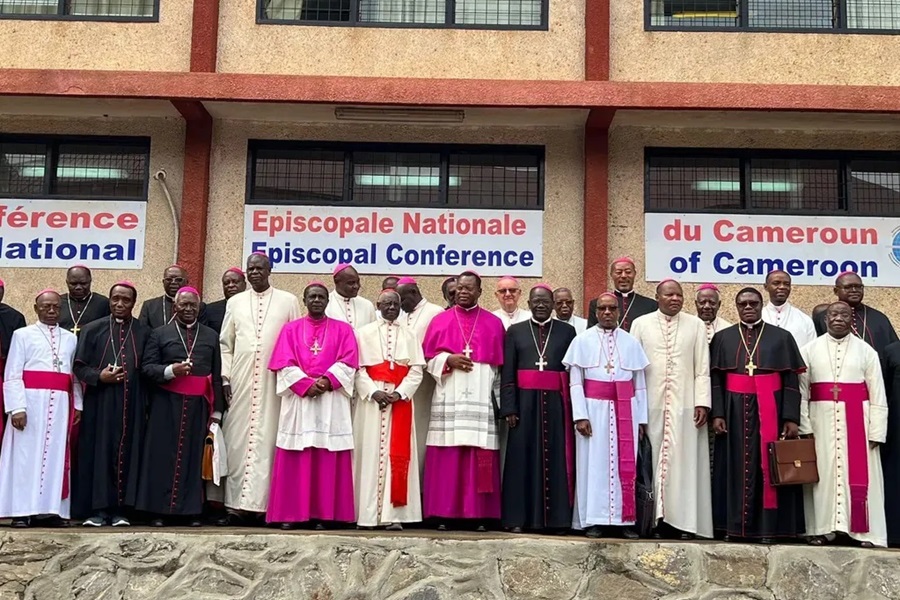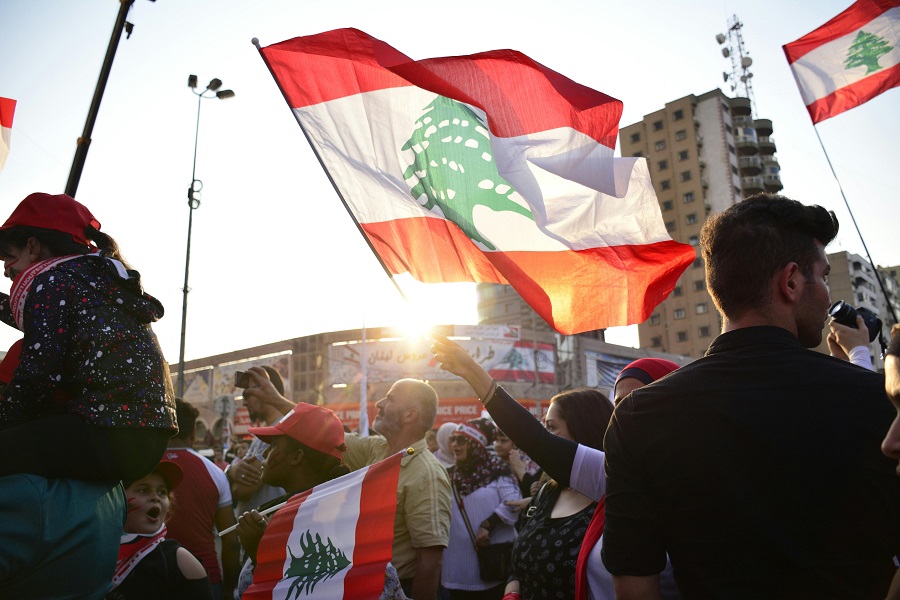LEBANON – Appeal of the Patriarch of Antioch of the Maronites to clearly distinguish the civil sphere from religious affiliation
Lebanon will only succeed in surviving the systemic crisis it has been going through for years only when has more clearly and decidedly set the limit distinguishing the political and institutional environment from the dynamics linked to religious affiliation. This was strongly reaffirmed by Maronite Patriarch Bechara Boutros Rai, inserting the appeal at the end of the homily of the Eucharistic liturgy which he presided over on Sunday 17 January in the church of the patriarchal seat of Bkerké. In his speech, the Patriarch also added that the development of a real distinction between political processes and the dynamics of religious-confessional affiliation would allow the country to recover from the crisis and resume the journey while also preserving the current Lebanese institutional system, based on the distribution of institutional and political offices on the basis of different confessional affiliations.
“If we have a real rule of law – declared the Patriarch of Antioch of the Maronites – a state that does not mix the civil and religious spheres, and where politicians do not exploit their religious or confessional affiliation for personal gain, but are faithful and loyal only towards the Lebanese nation, then we can truly say that a new dawn has risen over Lebanon. And in this case, it will not even be necessary to change the system, but rather to respect its provisions”. During his homily, the Cardinal once again urged Lebanese President General Michel Aoun and Prime Minister designate Saad Hariri to put aside personal misunderstandings and resentments so as to meet and discuss names of ministers to be appointed within the framework of the new cabinet. The catastrophic situation in the country – added Patriarch Rai – cannot tolerate further postponements in the formation of the government. The last Lebanese government in office, that of Prime MinisterHassan Diab, had to resign after the protests sparked by the explosions in the port of Beirut on August 4, 2020.
Hassan Diab and three of his former ministers were also subject to legal proceedings for their responsibilities in connection with this disastrous event. Saad Hariri, leader of the “Future” political party, was tasked with forming a new government on October 22, 2020, but since then he has not yet achieved his goals, in particular because of institutional tensions between him and the Head of State around the list of ministers. The scenario is further complicated by new international pressures aimed at conditioning the political profile of the new executive. (GV) (Agenzia Fides, 18/1/2021)






